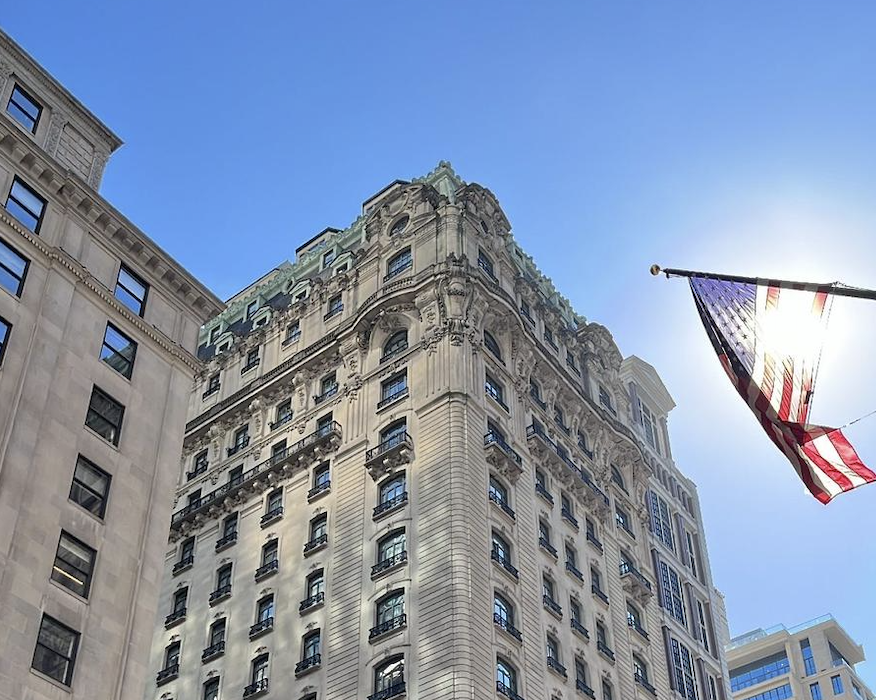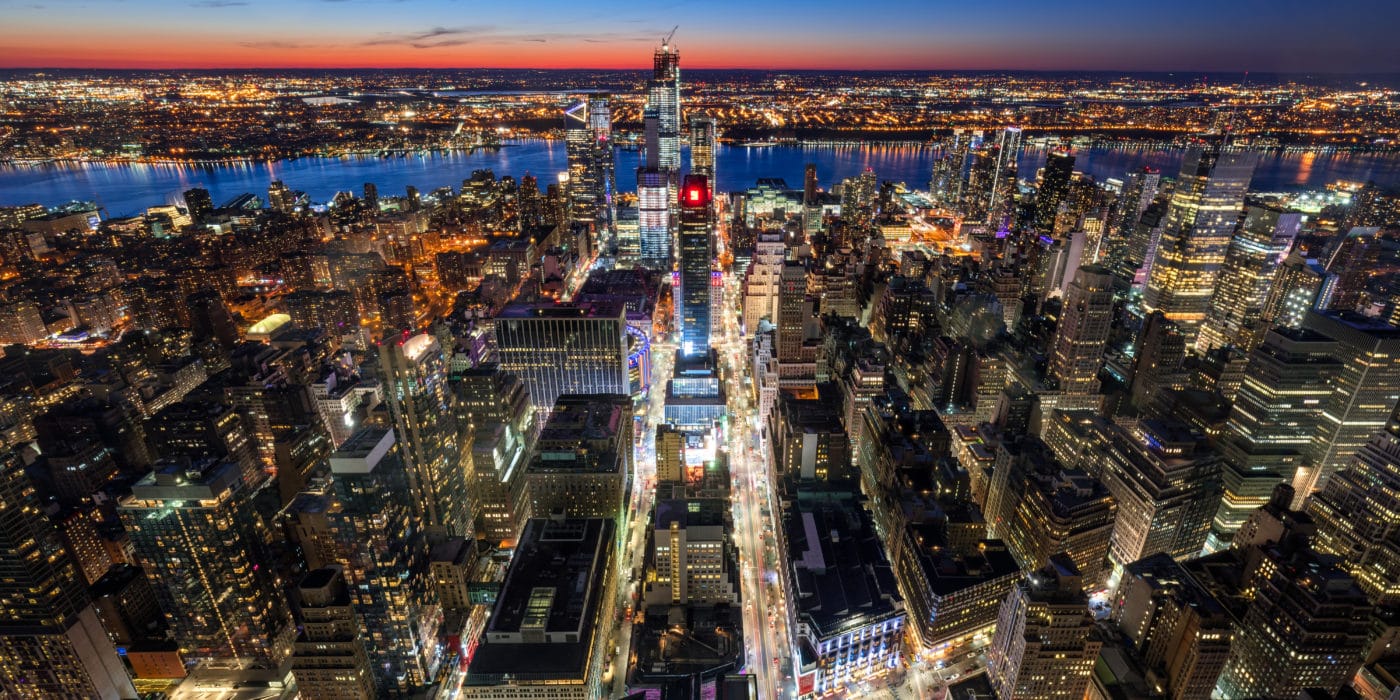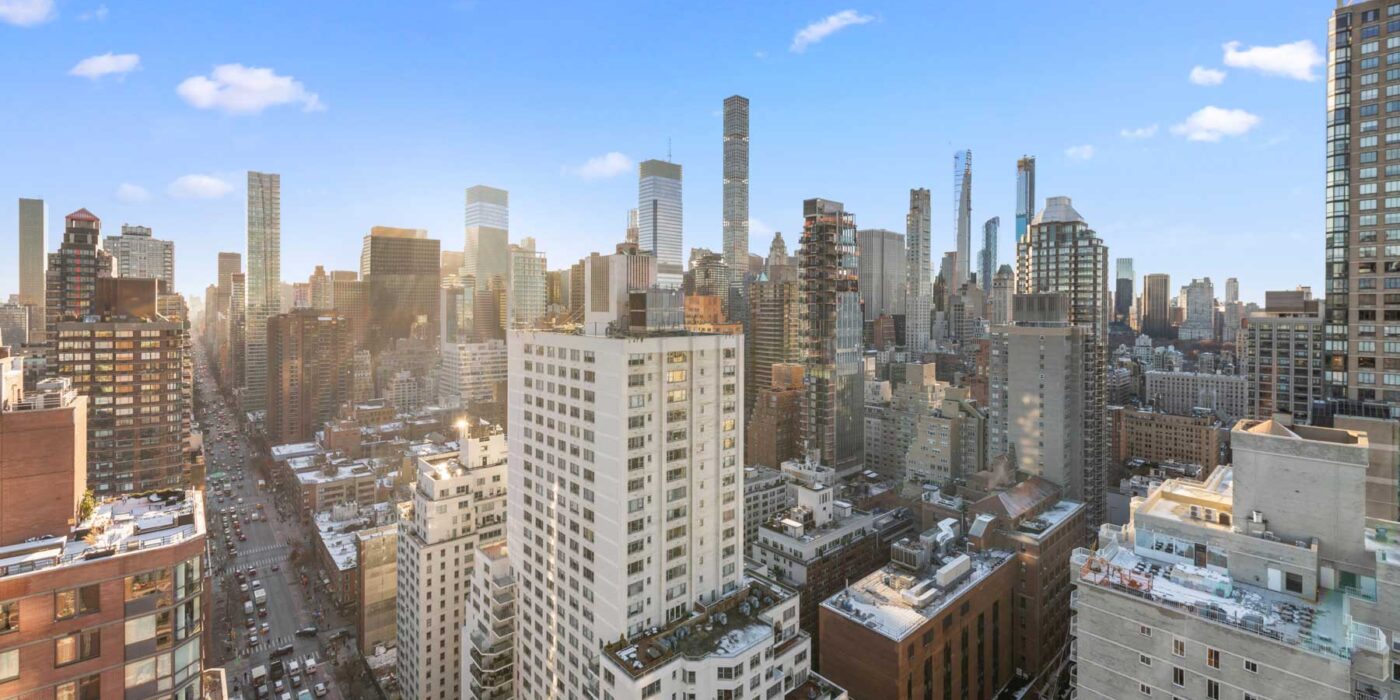Fifth Avenue’s $4B Makeover: NYC’s Bold Bet On Luxury Retail’s Future
In a move that could reshape Manhattan’s premier retail corridor and dramatically impact billions in real estate values, New York City has unveiled an ambitious plan to transform Fifth Avenue for the first time in two centuries. The historic redesign signals a strategic pivot in how America’s largest city approaches its high-value commercial districts in a post-pandemic landscape.
The Billion-Dollar Boulevard
The numbers tell a compelling story: Fifth Avenue’s transformation targets a stretch responsible for $111.5 billion in annual economic output and 313,000 jobs. Recent market activity underscores the corridor’s enduring appeal:
- Over $3.9 billion in commercial real estate transactions in recent months
- Third-quarter asking rents surged 9% to $2,257 per square foot
- Record-low retail vacancy rates, according to JLL research
- An estimated 23,000 pedestrians per hour during peak seasons—surpassing Madison Square Garden’s capacity
“This isn’t just about streetscape improvements—it’s about protecting and enhancing one of the world’s most valuable retail and real estate corridors,” says Madelyn Wils, interim president of the Fifth Avenue Association and co-chair of the Future of Fifth Steering Committee.
The Master Plan
The transformation, led by engineering firms Arcadis and Sam Schwartz alongside landscape architect Field Operations, includes:
- 46% expansion of pedestrian space
- Reduction from five to three traffic lanes
- Enhanced street lighting and urban forestry
- Shortened crosswalks for improved pedestrian flow
ROI: The Real Estate Perspective
The project’s self-funding projection—expected to pay for itself within five years through increased property and sales tax revenue—has caught the attention of real estate investors. Recent market validation includes:
- Uniqlo’s strategic acquisition of its Fifth Avenue flagship
- Luxury powerhouses Prada and Kering’s property investments
- Continued strong leasing activity despite market headwinds
Proof of Concept
The city’s 2022 holiday season pedestrianization pilot provided compelling data:
- $3 million in additional merchant revenue
- 6.6% increase in spending compared to non-pedestrianized blocks
- Successful test case for the larger transformation
Beyond Fifth Avenue
This initiative represents a broader strategy to reinvigorate Manhattan’s commercial corridors. Two blocks east, Park Avenue is undergoing its own transformation, suggesting a coordinated approach to upgrading New York’s prime business districts.
“We’re seeing a fundamental shift in how cities approach their high-value commercial corridors,” says [Leading Real Estate Expert], managing director at [Major Commercial Real Estate Firm]. “The Fifth Avenue redesign could serve as a blueprint for other global cities looking to future-proof their premium retail districts.”
Looking Ahead
With preliminary planning work scheduled for completion by summer 2025, the real estate community is watching closely. The project’s success could set new standards for how cities balance pedestrian-friendly spaces with premium retail environments.
For real estate investors, developers, and retailers, the message is clear: New York City is betting big on the future of physical retail and pedestrian-friendly spaces. As Fifth Avenue prepares for its most significant transformation in 200 years, the project stands as a testament to the enduring value of prime urban retail corridors in the modern city landscape.
Source: CoStar News



